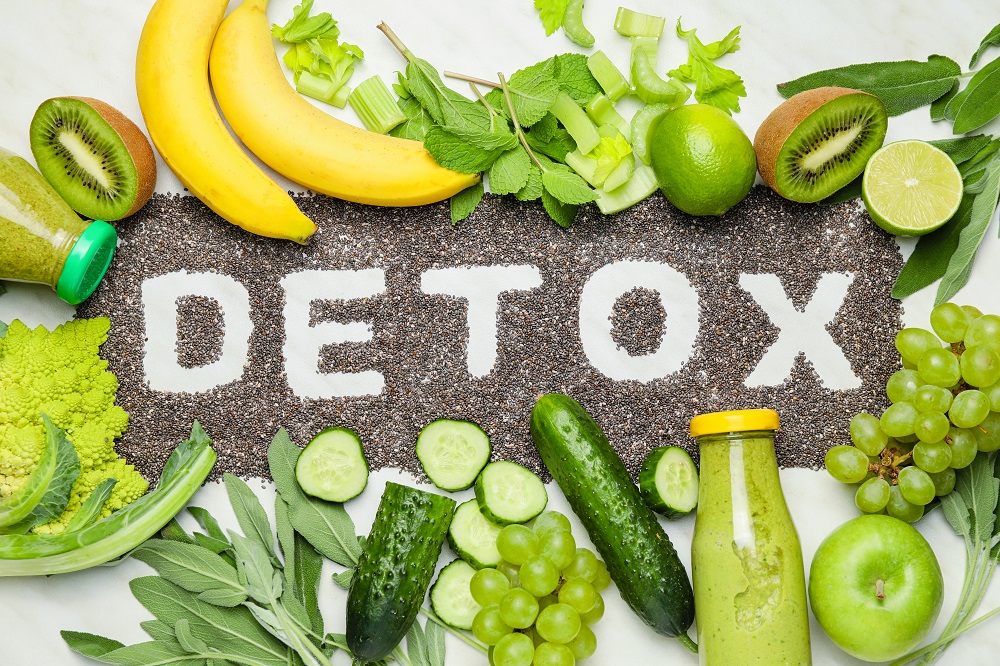Iodine deficiency is a problem for world health. Over two billion people may be iodine deficient, according to estimates from the World Health Organization (WHO), with up to 50 million of those individuals experiencing severe symptoms like brain impairment. This imbalance, which was formerly a rare worry in the West, is becoming more prevalent in North America.
This could be connected to both the deficiency of nutrients in the soil and contemporary industrial farming methods. Foods with low iodine content are a result of environmental contaminants depleting soil nutrients.
Pregnant women, their unborn children, and young children require more iodine since a lack can cause developmental problems. Inadequate thyroid hormone synthesis leads to the symptoms of iodine insufficiency.
Put another way, problems arise when the thyroid gland does not get enough iodine. Although they can differ from person to person, the more severe iodine deficiency signs and symptoms typically include the following:
Enlargement of the thyroid, sometimes known as “goiter”
Mental disorders including anxiety and sadness
Developmental problems
Fetal hypothyroidism, which causes brain damage in fetuses due to insufficient thyroid function.
Read; Know what the color of your urine means
Autism
Additional Iodine Deficiency Symptoms
In addition to the widespread problem of iodine shortage in children, a deficiency in iodine can also affect Westerners. Numerous scientists are investigating the relationships between a deficiency in iodine and a range of chronic illnesses. Let’s examine a few of the less well-known signs of iodine insufficiency.
Diminished Mental Capacity
Research has demonstrated the link between low iodine levels and cognitive performance. Indeed, a 2009 study discovered that giving slightly deficient kids iodine supplements enhanced their ability to reason perceptually.
Decreased Metabolism
Reduced capacity to transform food into absorbable nutrients can result from iodine deficiency. This could result in weight gain, constipation, and a slow metabolism.
Reduced Immunity
The thyroid and immune systems are inextricably intertwined, so when the thyroid lacks iodine, the immune system suffers. Individuals with iodine deficiency symptoms may suffer an increase in colds and flu.
Emotional Upset and Anxiety
Because of the link between iodine and hormone balance, a lack of iodine affects hormone receptors and communication. This may result in emotional imbalances, anxiety, and a loss of sexual attraction.

Breast Cysts, Soreness and Heaviness
According to a study published in the Canadian Journal of Surgery, 70% of patients who received iodine supplements experienced an improvement in their fibrocystic breast condition.
This has led to debate about whether there is a link between iodine deficit and breast cancer, albeit additional research is needed. However, there is evidence that a deficiency of iodine in women is associated with breast discomfort throughout the menstrual cycle.
Organ function is compromised
Because of iodine’s significance in organ health, iodine shortage can impair organ detoxification and potentially induce organ failure.
Improper thyroid function
The New England Journal of Medicine found a link between iodine intake and thyroid illness. When the thyroid fails to operate properly, it produces a variety of symptoms. These include weariness, exhaustion, puffy eyes, stomach trouble, muscle discomfort, depression, weight gain, edema, cognitive impairment, dry skin, brittle nails, cold sensitivity, hair loss, elevated cholesterol, and a weakened immune system.
Continuing Research
Researchers are investigating possible links between iodine shortage and breast and stomach malignancies. Preliminary investigations indicate that iodine shortage may enhance the occurrence of malignant tumors in animals. Other studies suggest a link between iodine levels and stomach cancer. These studies offer promise, as both reveal a lower rate of cancer growth when the animals are given an iodine-prophylaxis supplement. If you opt to take an iodine supplement to achieve your daily requirements, keep in mind that not all iodine supplements are the same. I recommend utilizing a nascent iodine, such as Detoxadine.
Read This: Best Natural Foods To Treat Asthma At Home




